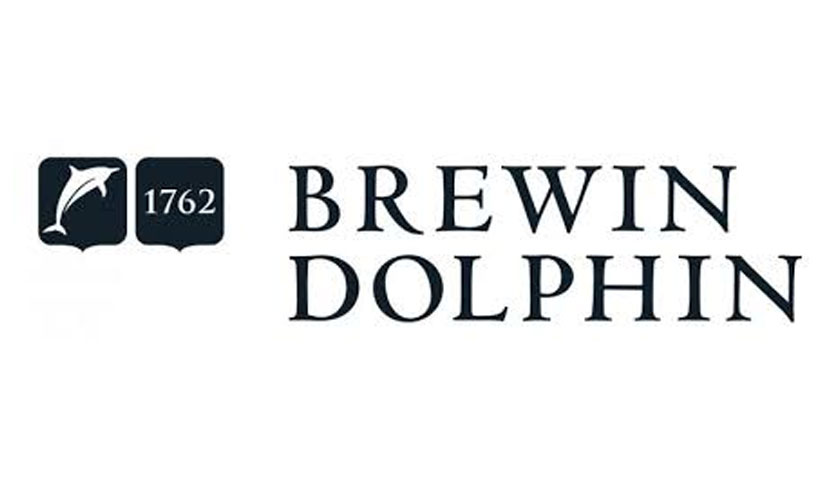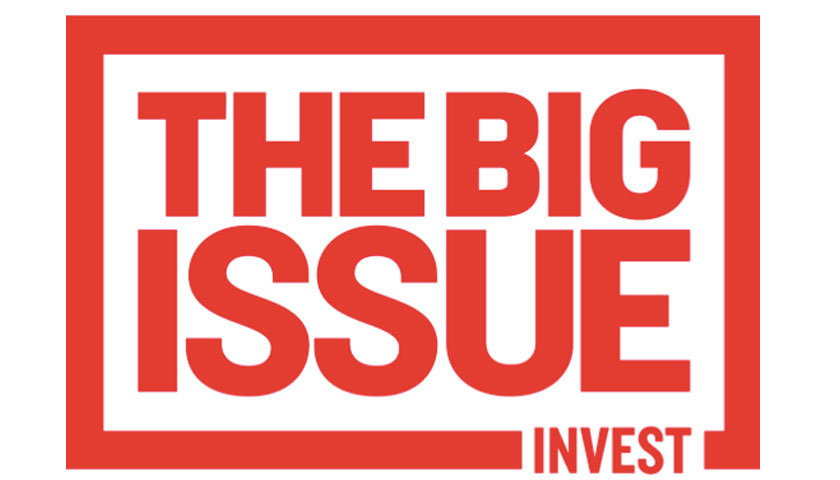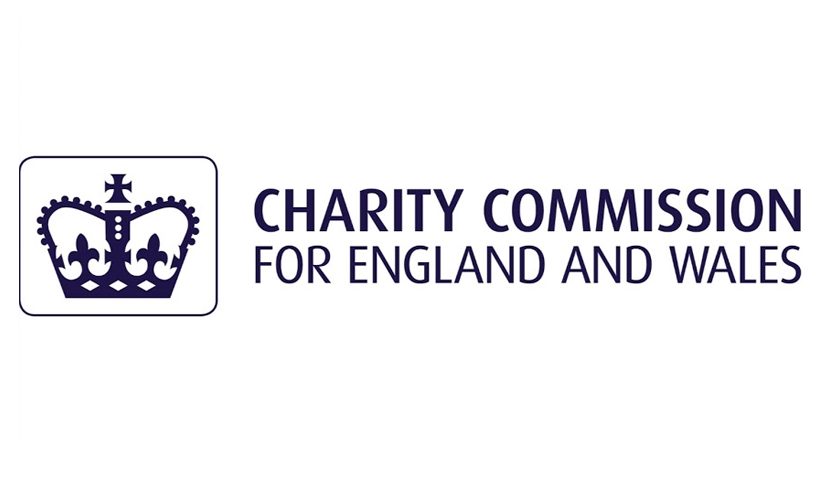UK charities are not confident in their ability to generate the income needed to meet their charitable objectives, fearing political uncertainty and an economic downturn at a time when they are being asked to do more following a decade of austerity.
That is the message from research by charity investment managers Brewin Dolphin and published today in a report Charity Investment: navigating uncertain times.
The research was conducted throughout June and July 2019 and is based on the views of 110 charity trustees and senior managers of grant-making and service-providing charities. Brewin Dolphin first conducted comparable research in the charity sector in 2017.
Headline findings:
- Half (50%) of charities are not confident that their funding levels will enable them to meet their charitable objectives in 2020.
- A slowdown in the economy is considered the biggest risk to future income and the ability to meet charitable objectives for 45% of charities.
- The number of charities fearing a global recession has more than doubled to 26% against just 11% in 2017.
- Over a third (35%) say political uncertainty is among their primary concerns.
- Low growth in markets is cited as the primary investment risk for nearly half (48%) of charities, followed closely by volatility (44%).
- 40% of charities now hold ‘alternative’ investments, suggesting that they are increasingly seen as ‘mainstream’.
- Over three quarters (77%) of charities with investment policy statements contain ethical criteria.
- 58% of charities negatively screen their investments. Just 13% positively screen investments, holding investments in companies that contribute to society.
- 47% of charities believe their trustees’ understanding of financial and investment knowledge to be good or very good.
- Half (48%) of charities agree that they would benefit from trustees with more varied skill sets.
- 43% of charities believe that current regulatory requirements are too demanding.
Ruth Murphy, Head of Charities at Brewin Dolphin said: “Charities are being asked to take on more every year and cracks are beginning to show, particularly for small and medium-sized charities.
“That half of the charities surveyed do not believe current funding levels and fundraising activity will allow them to meet their charitable objectives over the next year is worrying. Grant-making charities can always cut their cloth accordingly by reducing the grants they make, but service-providing charities do not have that flexibility.”
Ruth adds: “Charities have long relied on their investments to provide much needed income, but political uncertainty, the volatility in the markets and the threat of a global recession very much preys on trustees’ minds. Two years ago, just 11% of charities feared a global recession, that has now more than doubled to 26%. On reading the report in full, you are left with the feeling that charities are overwhelmed.”
“But charities are resilient and are confident in their abilities to weather any storm as it comes. Charities that do invest do so for the long term across various asset-classes and are well-placed to ride out fluctuations and volatility in the market.”
Charity trustees are ultimately responsible for the investments’ charities make alongside the many other responsibilities they hold. The research from Brewin Dolphin finds that the regulatory requirements are just too demanding creating a burden of compliance. Smaller charities feel overwhelmed and many call for an appropriate regime to reflect more efficiently their scale of operation.”
Ruth adds: “There is an alphabet soup of requirements from MIFID, FACTA and SORP, plus the demands of the Charity Commission. It is not surprising that 43% of trustees believe that the requirements are simply too demanding.
“Given that the average size of a charity’s board of trustees is between six and ten, they have little realistic chance of digesting easily all that is required of them. The one-size fits all approach to charity regulation isn’t working, and the likely result is that charities will find trustees in short supply. A number of our survey respondents made comments about regulators, including calls for the Charity Commission to introduce a telephone helpline for trustees. Charities want a simple and speedy response.”
Brewin Dolphin’s research points to the active role charities take in their approach to ethical investing, with over three quarters of charities with investment policy statements specifically referencing ethical investment criteria. Negative screening – the deliberate exclusion of certain companies – is the preferred option but is not the only approach.
Ruth said: “Being invested gives charities a voice. If you are not a shareholder that voice is lost. Charities with an interest in, for example, climate change or environmental issues, can use that voice to raise important questions and put pressure on boards to change what they are doing.
“Our research suggests that just 13% of charities positively screen their investments, a fall on two years ago when 24% positively screened. It is hard to do, and it is likely that charities are opting to choose the screening offered directly by their investment managers rather than to do it themselves.”
A copy of Brewin Dolphin’s Charity investment: hopes and fears for 2020 is available via the following link https://www.brewin.co.uk/charities/insight-for-charities/charities-investment-research-2019/



